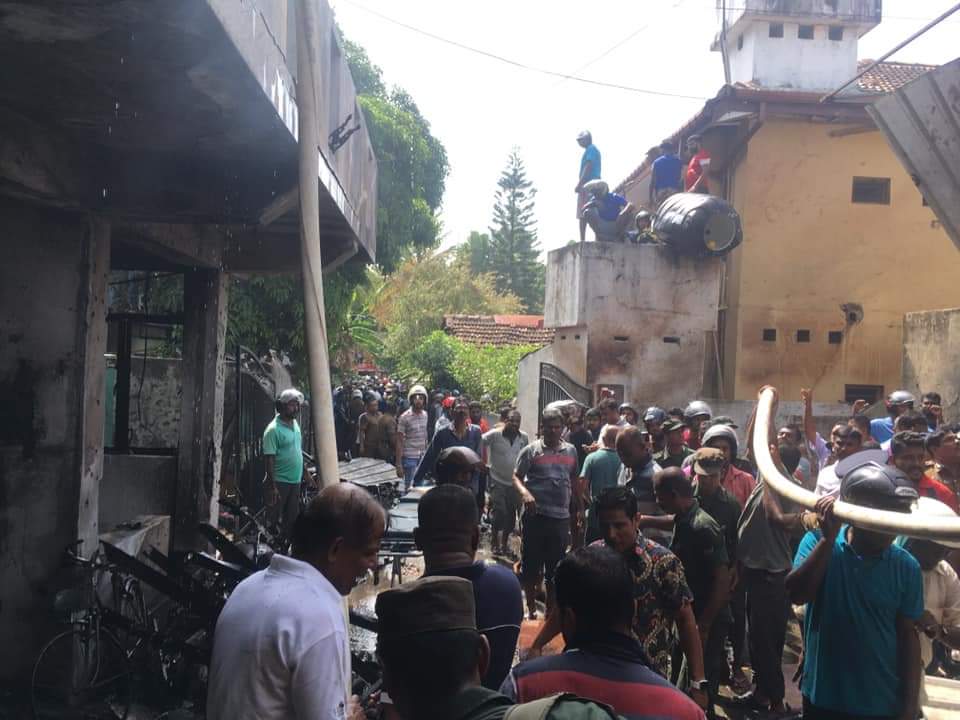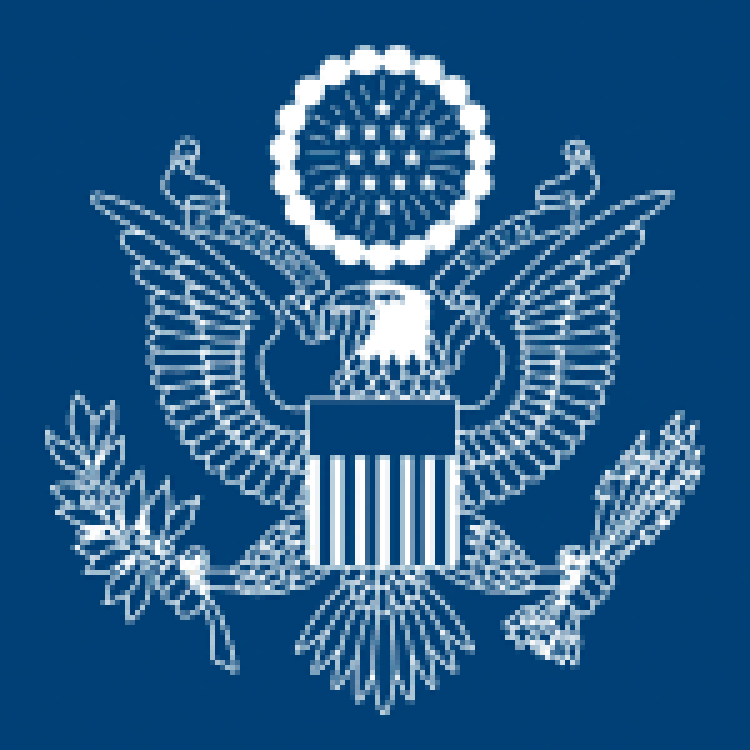Sri Lankan president, Maithripala Sirisena today using emergency legislation to ban the Islamist extremist groups accused of being responsible for the Easter Sunday blasts.
In a statement the president's media division said National Thawheed Jammath (NTJ) and Jamathei Millathu Ibraheem (JMI) had been banned.
Questions over how the bombers were able to carry out such attacks remain however after numerous reports, including a letter from the Deputy Inspector General of Police stated that the Sri Lankan leaders were warned repeatedly about the attacks by their own intelligence personnel and by Indian counterparts.

Aftermath of bombing at Zion church in Batticaloa
Over 250 people were killed by bomb blasts at three luxury Colombo hotels and churches across the island including in Batticaloa, Colombo and Negombo.
Islamic State news agency AMAQ later claimed responsibility for the attacks whilst a video emerged of the suspected suicide bombers pledging their allegience to IS.
Earlier Sri Lanka’s intelligence identified Hashim Mohamed Zahran, seen at the centre of the video with his face visible, as the leader of the National Thowheed Jamaath.
Sri Lankan investigators have identified nine suicide bombers. Speaking shortly after the bombings the defence ministry said many of the suicide bombers were well educated and from financially stable backgrounds. The ministry said that one suicide bomber had studied at a British university and then did postgraduate studies in Australia.

